Photographs: Raheb Homavandi/Reuters
Addressing hundreds of Iranians who had gathered at the Azadi (Freedom) Square in capital Teheran on Thursday, President Mahmoud Ahmadinejad announced that Iran was now a "nuclear state" and had produced its first batch of 20 percent enriched uranium and could enrich up to 80 per cent.
Slamming the West, Ahmadinejad told the rally that his country's enemies were using the nuclear issue and that of human rights to control the region.
Enriching uranium produces fuel for a nuclear power plants but can also be used to create material for atomic weapons, he said.
Iranian Revolution was a historic one
Image: The Iranian flagPhotographs: Morteza Nikoubazl/Reuters
The Iranian Revolution was a historic one that transformed Iran from a monarchy under Shah Mohammad Reza Pahlavi to an Islamic Republic under a modest cleric, Ayatollah Ruhollah Khomeini.
Dubbed by many as the third great revolution in history, following the French and the Bolshevik revolutions, this revolution cost anywhere between 3,000 and 60,000 lives depending on which source you choose to believe.
It began in January 1978 with the first major demonstrations to overthrow the Shah, and concluded with the approval of the new constitution, whereby Khomeini became the supreme leader in December 1979.
Iran became an Islamic Republic on April 1, 1979
Image: A Schoolgirl holds picture of Iran's Supreme Leader Ayatollah KhameneiPhotographs: Morteza Nikoubazl/Reuters
The final collapse of the Shah dynasty occurred shortly after as Iran's military declared itself neutral after guerrillas and rebel troops overwhelmed troops loyal to the Shah in armed street fighting.
Iran officially became an Islamic Republic on April 1, 1979, when Iranians overwhelmingly approved a national referendum.
The revolution was unique in the way it lacked the customary causes of revolution -- defeat at war, financial crisis, peasant rebellion, or disgruntled military.
'West has always hampered Iran's progress'
Image: A woman carries a placard with the images of Iran's Supreme Leader Ayatollah Ali Khamenei (L) and founder of the Islamic Republic Ayatollah Ruhollah KhomeiniPhotographs: Caren Firouz/Reuters
Iran's all-powerful supreme leader Ayatollah Ali Khamenei had earlier this week said he wanted Thursday's celebration to be a show of unity and to deliver a stunning "punch" to "arrogant" powers.
State television showed footage of men, chador-clad women and children carrying banners reading "Death to America, Death to Israel!" crowded into Azadi (Freedom) Square.
Slamming the Western countries, Ahmadinejad said: "It's been 41 years that they have been opposing the Islamic revolution, and also they have been hampering the progress of this great nation."
Anti-government protests at Azadi Sqaure
Image: Schoolgirls wave Iran flags during a ceremony to mark the anniversaryPhotographs: Morteza Nikoubazl/Reuters
In the meantime, opposition leader Mehdi Karroubi has reportedly been forced to leave rally after his car came under an attack. According to the BBC, reports from the micro-blogging site Twitter and the pro-opposition Jaras website said Karroubi's supporters were assembling in the city's Saddeqiya street.
Jaras also said that security forces attacked moderate former president Mohammad Khatami when he attended the rally.
Media reports said authorities had arrested Mohammad Khatami's brother and his wife, who is also the granddaughter of Ayatollah Ruhollah Khomeini.
In Azadi Square, massive crowds waved Iranian flags and carried pictures of Ayatollah Ruhollah Khomeini, the founder of the Islamic state, and his successor as supreme leader, Ayatollah Ali Khamenei.
The government typically orchestrates large, carnival-like rallies and demonstrations to mark the February 11 anniversary of the Islamic Republic.
Demonstrations on Teheran's streets
Image: An Iranian boy attends a gatheringPhotographs: Morteza Nikoubazl/Reuters
For this year's events, opposition leaders have called for protesters to demonstrate against the regime. That has set the stage for clashes between authorities and demonstrators, who have taken to the streets repeatedly to protest the outcome of presidential elections in June.
Government officials, meanwhile, ratcheted up threats against any protests, vowing to confront demonstrators on the streets and calling for government supporters to turn out in large numbers.
Police chief Ismaeil Ahmadi-Moqaddam was quoted as saying by news agencies that some of the planners of Thursday's protests had already been arrested but gave no details.
Witnesses said that riot police fired the paint-filled balls after protesters began to chant opposition slogans in Sadeqieh Square, which is about a half-mile (one kilometre) from the huge pro-government gathering.
Media restrictions, security sweeps... issues
Image: An Internet user tries to log onto social networking site Facebook in Tehran. The Farsi text reads Dear Customer, access to this site is not possible.Photographs: Morteza Nikoubazl/Reuters
The international media was banned from directly covering the protests but has been allowed to cover Ahmadinejad's speech in Azadi Square.
Earlier in the day, Iran's telecommunications agency announced that it has permanently suspended Google's e-mail services and plans to roll out a national e-mail service for Iranians.
The suspension of gmail comes as Iranian authorities have deployed force across Tehran to conduct last-minute security sweeps and warn residents to refrain from joining anti-government protests, Fox News reported.
According to reports, police have confiscated satellite dishes from residential rooftops and mobile phones are being searched and in some cases, taken by patrolling officials in certain areas of the capital where protests have erupted in the past.
Iranians have also reported widespread service disruptions of text messaging services.
Iran, in the years to come, still needs to address certain issues, which include future directions of the economic and foreign policies of the country, press and academic freedom and even the role of the religious leadership in national affairs. But these are issues that Iranians should debate, discuss and arrive at national solutions.

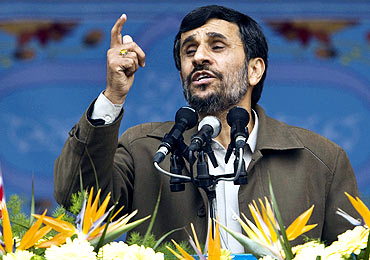
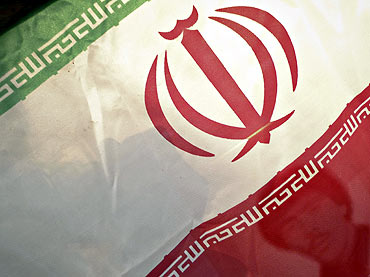
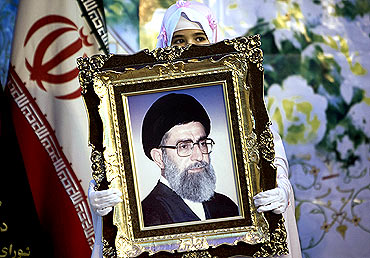
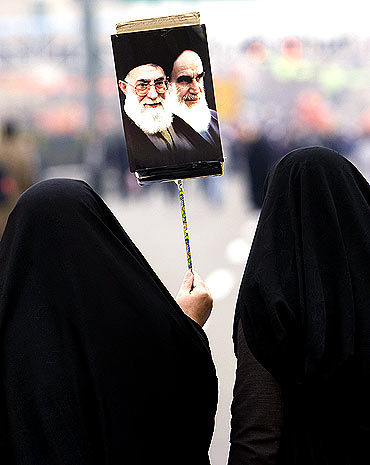
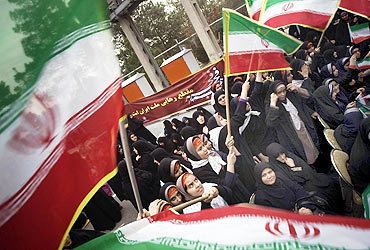
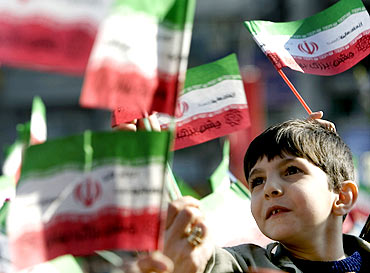
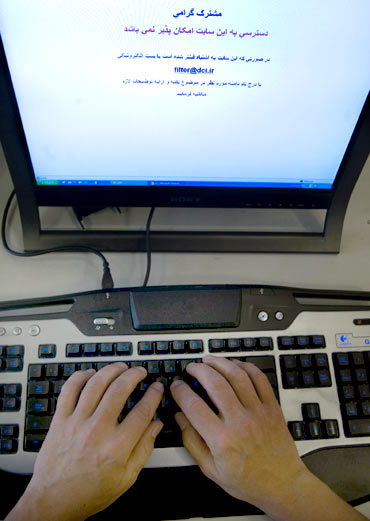
article